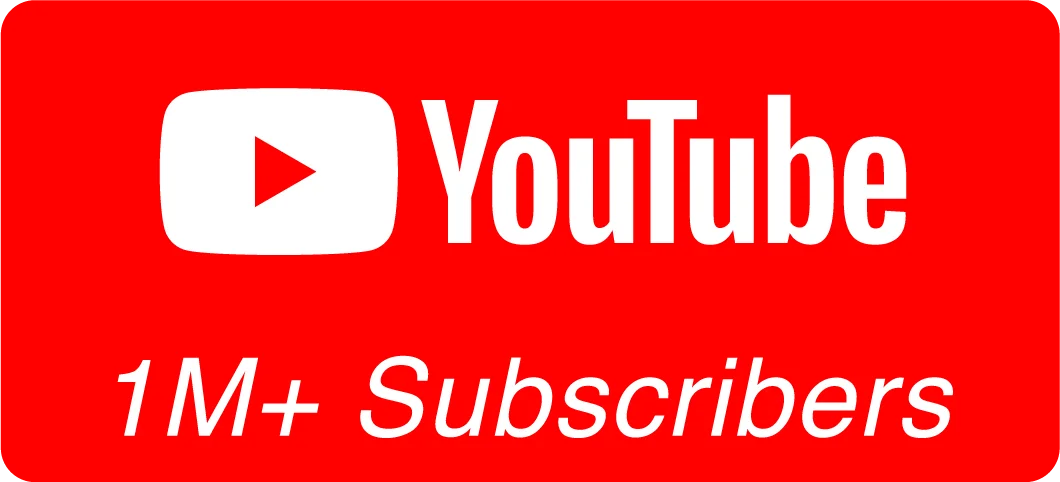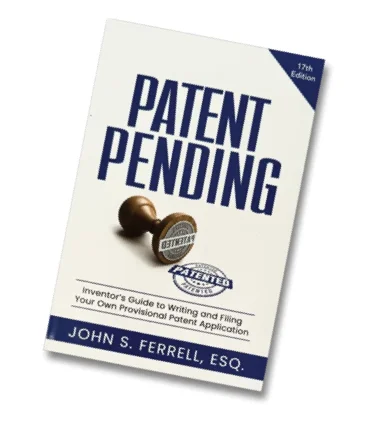TMTrademark FAQs
We have compiled practical answers to some of the most common questions about trademarks.
Welcome to John Ferrell Esq YouTube Channel
This Channel provides ideas and education for Entrepreneurs and other Creative Visionaries. Topics in these videos include intellectual property, patents, trademarks, copyrights, trade secrets, licensing, and general business practices.
Patent Pending: Inventor’s Guide to Writing and
Filing Your Own Provisional Patent Application
Filing Your Own Provisional Patent Application
Looking to File Your Own Provisional Patent Application? Patent Pending: Inventor’s Guide to Writing and Filing Your Own Provisional Patent Application provides you with some simple advice about filing your own application.
Newsletter
John Ferrell publishes a newsletter periodically to share at least one idea that he thinks you will find both engaging and useful. …

